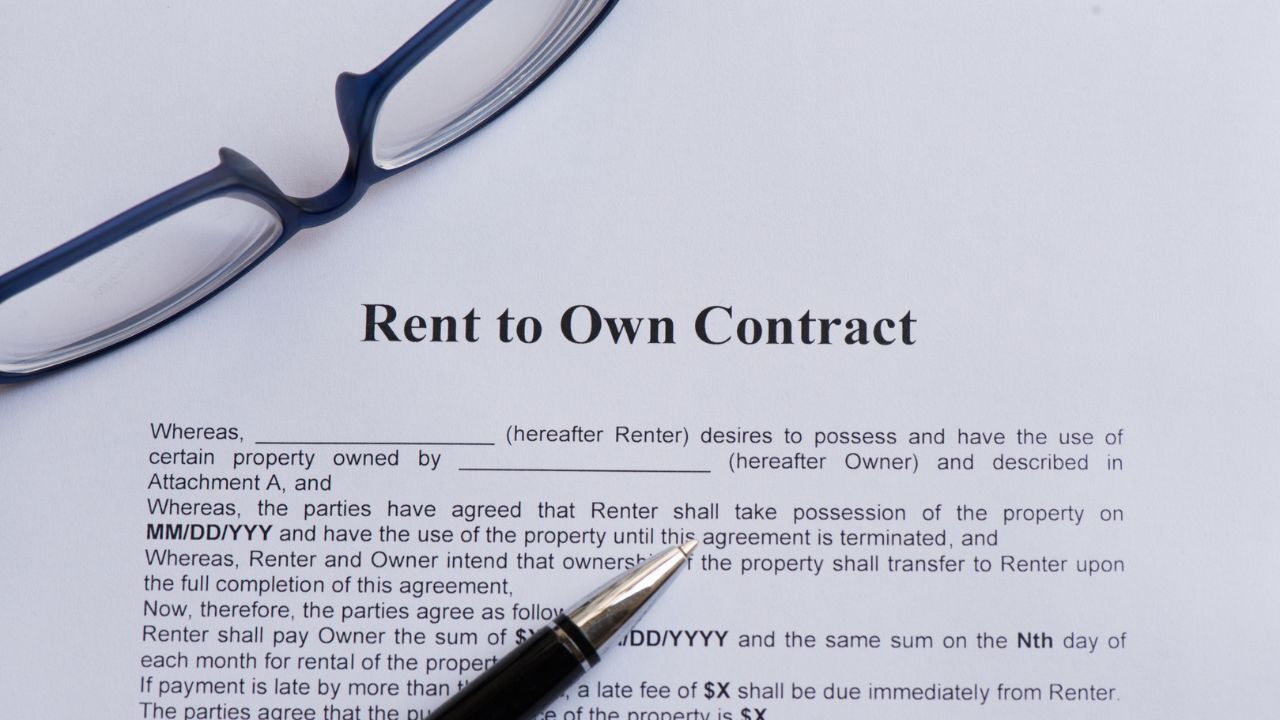 Some homes make people feel comfortable the moment they walk through the door. Even without saying a word, space communicates warmth, calmness, and connection. There is real science behind this reaction and understanding it can help sellers create a more appealing experience for potential buyers.
Some homes make people feel comfortable the moment they walk through the door. Even without saying a word, space communicates warmth, calmness, and connection. There is real science behind this reaction and understanding it can help sellers create a more appealing experience for potential buyers.
The Power of First Impressions
People form opinions within seconds. A clean entryway, clear pathways, and simple decor help the brain process information more easily. When the mind feels at ease, space feels more inviting. Clutter, on the other hand, increases mental load and can make a home feel smaller or less comfortable.
The Role of Lighting and Color
Light plays a major role in how the brain interprets space. Natural light sends signals that boost positive feelings and a sense of calm. Soft, warm lighting in the evening creates comfort and relaxation. Color also triggers emotional responses. Neutral tones help buyers feel grounded, while soft accent colors add interest without overwhelming the senses.
How Scent and Sound Influence Mood
Smell is directly connected to the emotional center of the brain. Light, clean scents such as soft vanilla or fresh citrus can make a space feel peaceful and pleasant. Sound also matters. Gentle background music creates rhythm and flow, helping visitors slow down and feel more comfortable as they explore the home.
The Importance of Balance and Layout
Homes that feel welcoming often have balanced layouts. Furniture that is spaced appropriately, open walkways, and rooms arranged with purpose help the brain feel oriented. When people can move through a home easily, they naturally feel more relaxed and open to imagining themselves living there.
A welcoming home connects with both the senses and the emotions. By focusing on light, color, scent, sound, and thoughtful layout, sellers can create an environment where buyers feel comfortable, calm, and ready to picture their future inside the home.
 Today is a moment to pause and reflect on the people who make this work truly meaningful. As a real estate agent, I am grateful for every individual and every family who has allowed me to be part of their home journey. Whether we have worked together in the past, are connected right now, or will meet in the future, your trust means more than you know.
Today is a moment to pause and reflect on the people who make this work truly meaningful. As a real estate agent, I am grateful for every individual and every family who has allowed me to be part of their home journey. Whether we have worked together in the past, are connected right now, or will meet in the future, your trust means more than you know. Selling a home that has limited storage space can feel challenging, but with the right strategy, you can highlight the home’s strengths and help buyers focus on possibility rather than limitations. With thoughtful preparation and clear presentation, even a small-space property can make a strong impression.
Selling a home that has limited storage space can feel challenging, but with the right strategy, you can highlight the home’s strengths and help buyers focus on possibility rather than limitations. With thoughtful preparation and clear presentation, even a small-space property can make a strong impression. Selling a home through a rent-to-own agreement can create a flexible path for both sellers and future buyers. This arrangement allows a tenant to live in the home while preparing to purchase it later, giving the seller steady income and a committed future buyer.
Selling a home through a rent-to-own agreement can create a flexible path for both sellers and future buyers. This arrangement allows a tenant to live in the home while preparing to purchase it later, giving the seller steady income and a committed future buyer.
 A home can look beautiful on the surface, but a past flooding event can create long term challenges that buyers need to understand. If you are considering a property with any history of water intrusion, taking time to learn the risks can protect your safety, your finances and your peace of mind.
A home can look beautiful on the surface, but a past flooding event can create long term challenges that buyers need to understand. If you are considering a property with any history of water intrusion, taking time to learn the risks can protect your safety, your finances and your peace of mind.